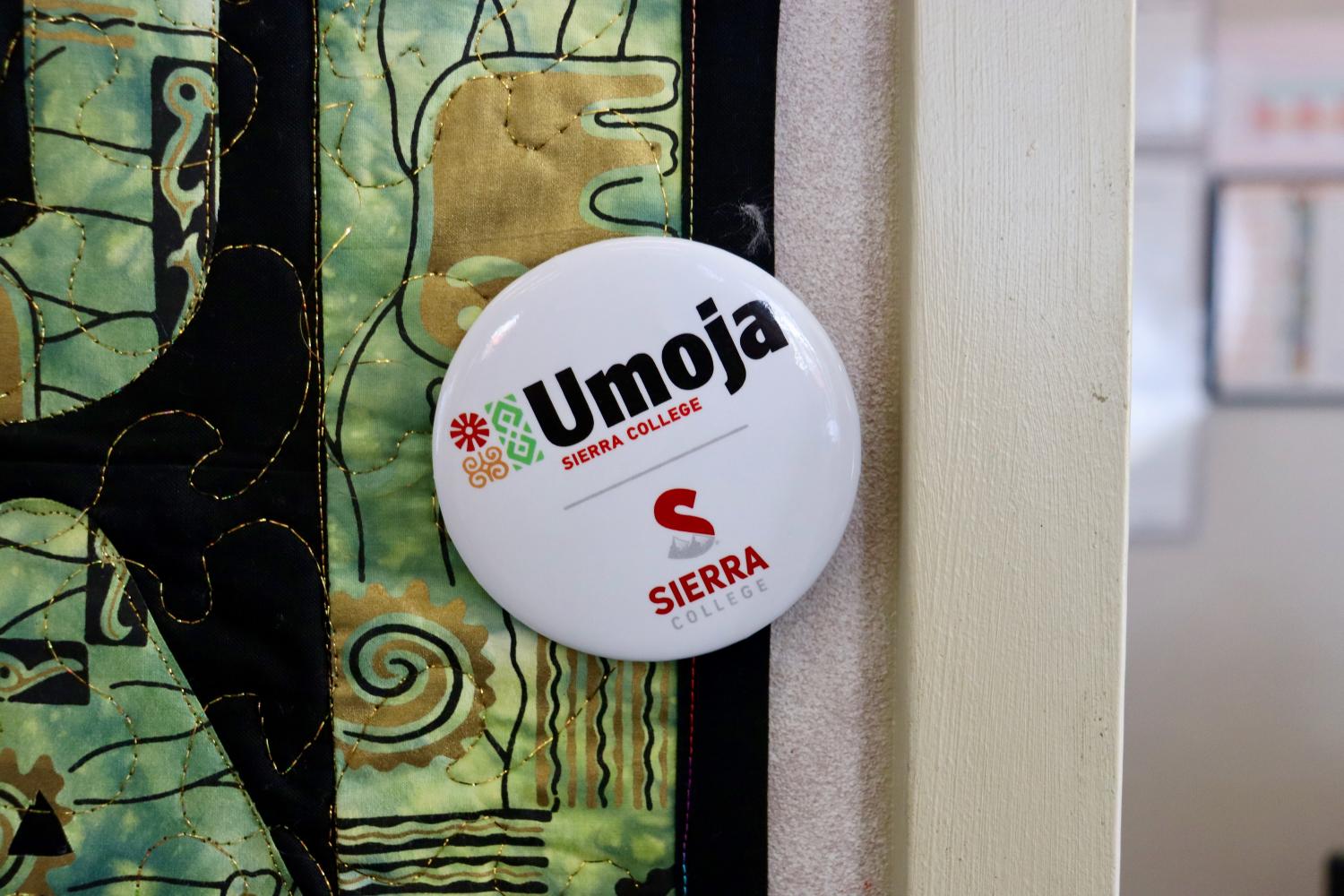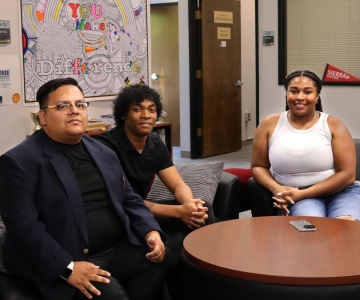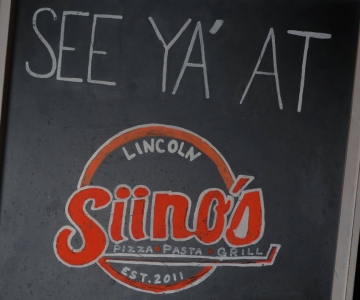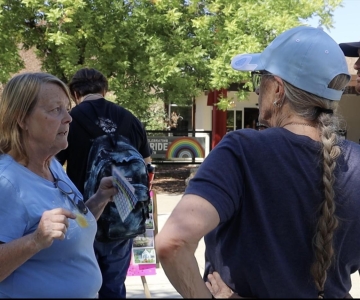Seeing people who look like you matters– it makes people feel included. Many of the people I interviewed at Sierra College in fall 2024 felt the same way. Robert Scott, a student in the Umoja program at Sierra said, “Diversity is pretty important,” in an interview on Oct. 17. He continued, “You never want to feel uncomfortable walking around campus or in the classroom, like you’re the only one of your race, anywhere. I mean like let’s say there’s 10 Black people and you’re the only white person, you’d feel uncomfortable because you don’t fit in. I’m sure you understand!”

I definitely understand how he feels. For me as someone who identifies as a Black woman, my story started in Hercules, going to school with a very diverse group of people and even diverse teachers. It’s a multiracial place with almost 20% of the community identifying as Black.
Due to family changes I had to move with my mom and brother to Sacramento, then soon after to Lincoln, a place where less than 2% identify as Black.
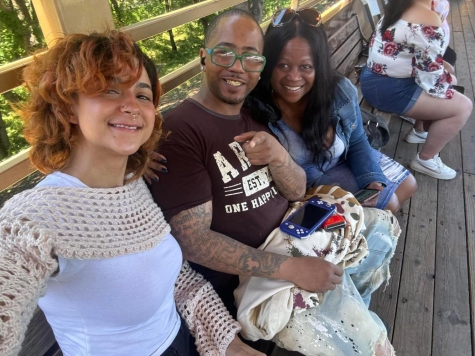
Watching the diversity around me slowly become sparse, it began to affect my own mental health. I felt left out everywhere I went, no one to confide in or a place to call safe space.
When I came to Sierra College I thought I was going to face this same lack of diversity and safe spaces for people like me. However, I got an email about the Umoja program with classes based on the African diaspora, a safe space on campus, and passionate counselors.
That’s where this story begins. I want to share more about the Umoja program and what it does for me and other students, for those who may not even know about it, and what it truly provides.
Umoja Community
A diverse population on campus can make a big impact on students’ ability to find community. The Umoja program addresses all of this by providing a space for Black and African American students.
Umoja is a learning community focused on students from the African diaspora. The program follows a code of ethics that goes with the curriculum, helping assist with the matriculation process and academic success.
Umoja focuses on culture-building and creating a sense of belongingness on campus. This increases the likelihood that students succeed and continue their education. One way this happens is through a unique curriculum based on Black culture and thought.
Curriculum Counts
In an interview with Wayne Robinson, a Sierra College counselor with the Black and African American support team’s Village, in his office on Sept. 30, Robinson said:
“Usually, when students are oriented to particular classes, there’s a very European white culture kind of focus and base for these particular courses. You have a different experience in the Umoja classes.”
Diversity is important in college because our school system has been based on European culture and history. Whether we are talking about the K-12 system, all the way up to community college and four-year universities.
Umoja Learning Community Coordinator Tonya Times explained more in an interview in her office on the Rocklin campus on Sept. 30. She said:
“It’s important to see yourself in your curriculum.”
She continued, “There are 15 courses that are part of the Umoja program… for example, the English 1A course [in the Umoja program] is the exact same units, however, instead of reading Shakespeare, you might be reading Maya Angelou, you know, you might be reading James Baldwin, you might be reading Ta-Nehisi Coates… so there’s going to be a focus on Black culture and Black ideology.”
Black Success
The program’s name is important too. Umoja is a Kiswahili word that means unity. The program focuses on culture-building and creating a sense of belonging on campus. This increases the likelihood that students will succeed and continue their education by transferring to a four-year university.
“Our goal is the academic success of our Black and African American scholars at Sierra College,”
Tonya Times said, explaining the purpose of the Umoja program. To do this they start with a Black point of view rather than a Eurocentric one. Times said on Black history, “Especially African Americans, you would think it started with slavery, but it really started way before slavery. We weren’t slaves; we were enslaved.”
Being a part of Umoja helps students by joining a community that accepts them, motivates them, and is filled with people who look like them and may have experienced similar life challenges. And it can be life changing.
Defining Our Lives
In the interview with Wayne Robinson, he described how the Umoja program can change people. He said, “We’re not creating lifetime Sierra College students, we’re creating lifetime citizens of our community, of our state, of the nation, and the world.” This shows that while college may not last forever, the experiences follow you and may even define your life.
Robinson continued, “Experiencing the presentation of real-world diversity brings knowledge and empathy: acknowledging diversity broadens your experiences, and emotional intelligence.”
With that, diversity is very important as people come in all shapes, sizes, colors, and more and should feel wanted, accepted, and loved. Seeing diversity and people like you, and spaces made for people like you shows how much Sierra College cares, how much diversity is needed, and how much it counts.
The author wishes to thank Wayne Robinson, Tonya Times, and the students for their participation in this project. She ends with a saying to live by from Robinson, “Two things you never waste your money on, education and travel.”
Written and Reported by Malia Koch

